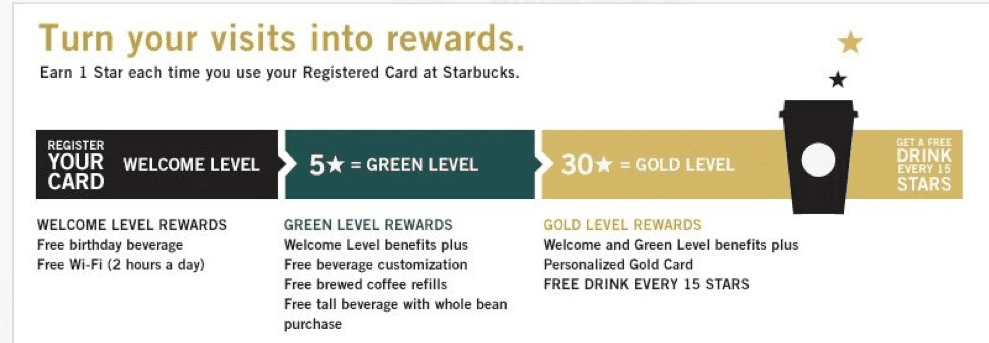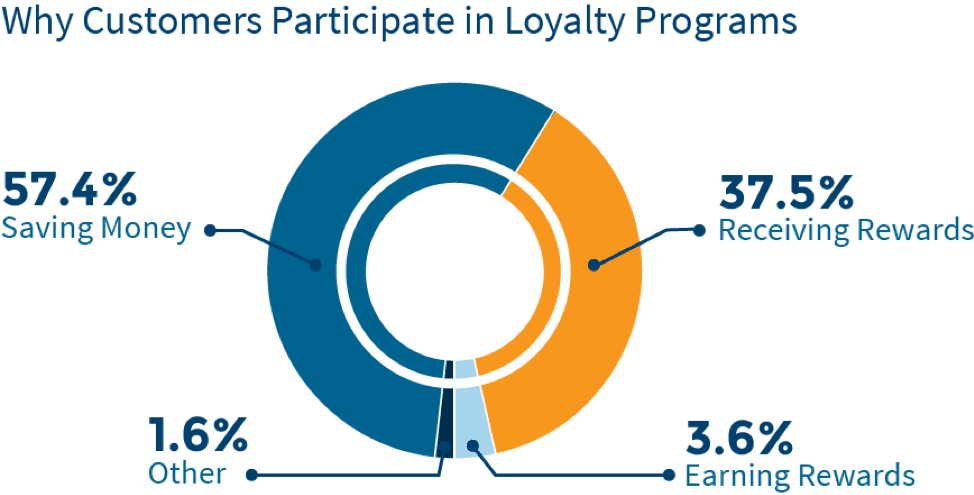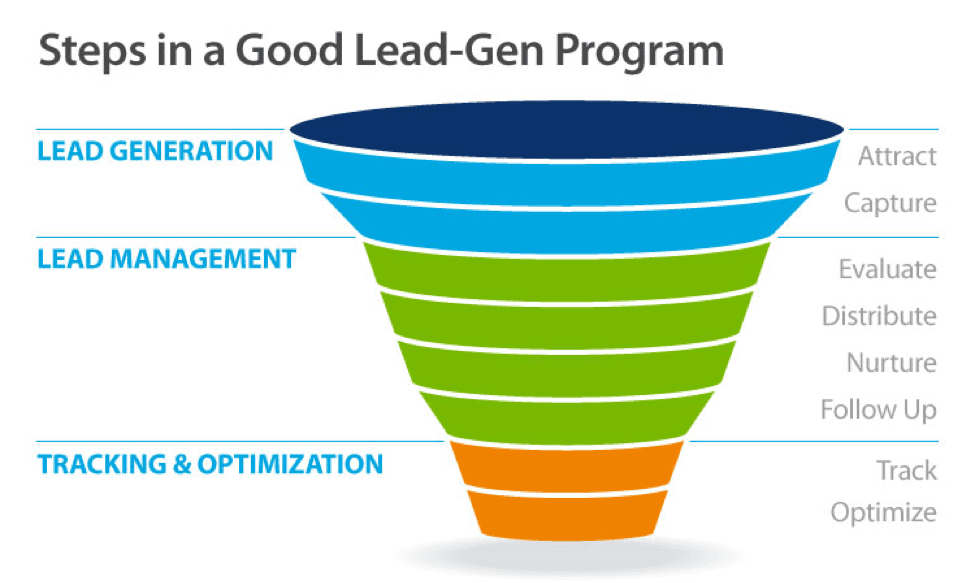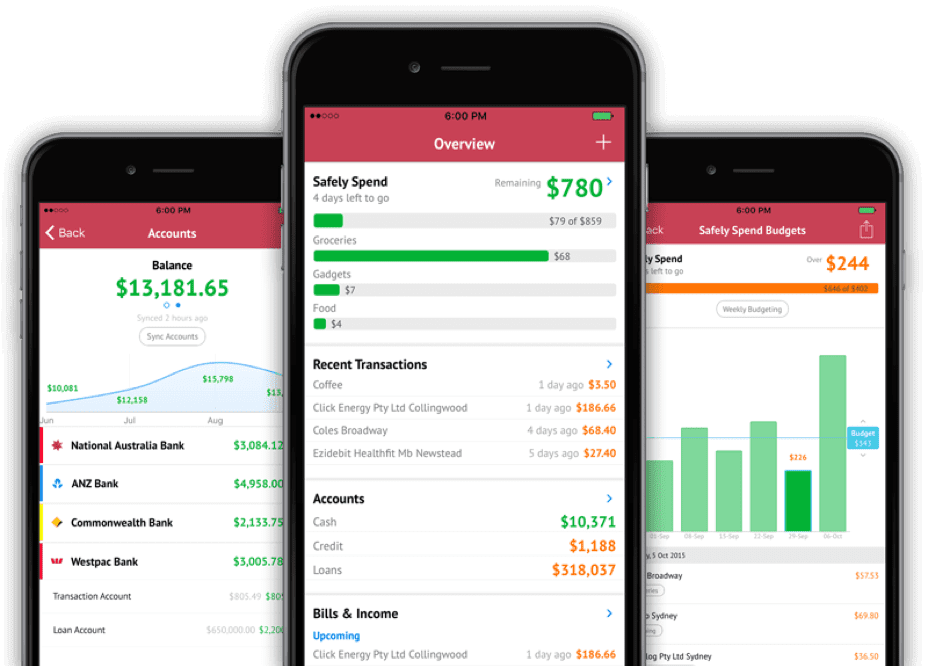With the significant penetration of smartphones today, it has become imperative for entrepreneurs to take advantage of mobile apps to further improve their businesses
Ever since the smartphone revolution began, a lot of opportunities have opened up that can help businesses to thrive. The combination of mobile apps and new age startups has the potential to change the rules when it comes to business.
With the significant penetration of smartphones today, it has become imperative for entrepreneurs to take advantage of mobile apps to further improve their businesses and help their startups to grow.

When starting a business, you must clearly describe your objectives and prioritize them straight away. Following this, you then simply have to work on four important touch points. which are also the main routes for achieving success in your business.
- Customer engagement
- Service and support
- Promotion
- Online sales
According to the Deloitte Consumer Review, 2017, the digital revolution led by a surge in smartphone usage is challenging businesses. So, your startup must change how it interacts with customers to better reflect the importance of the technology, as well as increase the speed at which you transform your operations if you are to compete with other brands.
Download our Premium Resource – Mobile SEO guide
Google has begun a mobile-first indexing rollout, coupled with a mobile page-speed update.To help you learn the actions you need to take to follow Google's changes, this guide will give you a through breakdown of everything you need to know about mobile SEO.
Access the Mobile SEO guide
Your target audience use their smartphones more than their laptops and computers because they can make use of features like geo-location, biometrics, augmented reality, cameras, sensors and games that a mobile website cannot provide. This means mobile apps have become an essential marketing tool for your business.
So how are you planning to monetize the utility of mobile apps? In which ways will you better use apps to give your startup a competitive edge?
The following tips will help you grow your startup by leaps and bounds and stay ahead of the competition:
1. Create a customer loyalty program within your app
The key to attracting more customers is to provide value to them, as business is all about reciprocation. You want your customers to increase their interaction with your business and for that, you need to provide a level of value they can’t get anywhere else. A highly effective way to do this is to create a loyalty program within your app.
How will such a program work in your favor?
A mobile app that means, for instance, the more customers engage with your business, the more points they collect can help to encourage greater customer interaction, especially if these points can add up to discounts or free items.
Starbucks is running one of the most impressive customer loyalty programs that use this method. Customers can top up their app with money, which they can then use to purchase drinks and food. Each purchase builds up points that can then be used to get free items.

[Image source: starbucksmelody.com]
The following chart from a survey conducted by TechnologyAdvice reveals that 59% of people would be more likely to join a loyalty program that offered a smartphone app.

[Image source: technologyadvice.com]
To make the app as effective as possible, you can survey your customers to find out which rewards they prefer. Not only will this enable you to obtain valuable information to better your business and offers, but your customers will feel more appreciated, which could help to increase engagement and revenue.
Moreover, in order to promote your app in the first place, you need to send app links to customers, which is a simple and easy way to let people text themselves a link to your app.
2. Build customer relationships and nurture leads
In this milieu of rapid growth and increasing demand for visibility, building healthy customer relationship has become incredibly important for every business. So, for faster sales, mobile customer relationship management (CRM) apps are gaining currency. In this highly competitive age, your startup, too, cannot survive without proper CRM systems.
Mobile CRM is extremely efficient because it provides access to vital information at your fingertips – anywhere, anytime. It is a great tool for simplifying the management of your small business contacts.
With the help of a CRM application, you can integrate a variety of information, with regards to your leads, prospects and customers, all in one place. This also enables you to include powerful project and task management features to assign tasks to yourself or others and so nurture prospects and move them down the sales funnel.
This is how lead nurturing works:

[Image source: godfrey.com]
Furthermore, lead nurturing with customer engagement is one of the most important actions that a startup can do to accelerate success because sales lie at the core of revenue generation.
So, to build better customer relationships, your app needs to function and operate well all the time. You need a reliable web hosting company to ensure your customers can access it fast and stay engaged throughout. For example, hostpresto has been providing hosting services for almost two decades. This fairly long experience has turned them into experts of cloud hosting, app hosting, management of cloud servers, specialized CMS hosting and domain registration services. Additionally, its server time and speed are highly bankable.
3. Manage your assets and finances more wisely
You need to accurately manage the assets and finances of your startup if you want it to sustain it for a long term. An asset management feature in your internal business app can be extremely handy for your company in terms of helping to effectively manage your finances.
For example, some features offer expense and payment tracking, receipt scanning, invoicing etc. Asset management features allow you to manage and update assets easily while on the go. You will be able to get most out of the limited resources you have at hand. By properly managing your assets, you can ensure nothing sits idle for long and nothing goes missing. In addition to that, you can associate tasks, appointments, reminders, notes, checklists etc.

[Image source: money saving app of pocketbook.com]
4. Build a stronger brand
As you know, a strong brand presence is highly critical to the growth of a business. If designed correctly, your business app can be a powerful and cost-effective branding tool for your startup.
To this effect, one of the most crucial things your mobile app offers to your target customers is the awareness of and communication with your brand. This regular interaction and engagement with them helps to foster trust and credibility.
The logic is simple, the more your customers trust you, the more likely they can be nudged through your sales funnel. With an interactive app, you will demonstrate to your users exactly why they should trust you.
For this, you need to create a “splash page” that provides users with vital information about how the app behaves. With a well-designed and properly written splash page, you'll show your users what your brand stands for and how your business helps consumers.
5. Integrate your app with social media channels
The importance of social media for startups cannot be overlooked. Over the years, it has become a vital factor for small business success.
According to a new research from LinkedIn, 8 out of 10 small and medium-sized businesses are turning to social media as their preferred marketing channel. Lana Khavinson, marketing manager at LinkedIn says, “Social media offers value outside of marketing.” Some 61% companies are acquiring customers via social media, while 40% are using it to engage with peers, partners, experts and thought leaders.
Therefore, you need an app that allows your customers to reach you at all times. You have to sync your app to your Facebook, Twitter, Instagram and other social media accounts. By doing so, you will get a clear mileage to your marketing efforts and overall growth story.
The trend of social media integration in apps has just picked up and is proving to be a game changer. This means there are now are many extensions that can integrate your app to your social media channels.
For example, MageWorx provides a range of extensions along with development and customization services, particularly for Magento and Shopify platforms. It aims to enhance the default e-commerce platforms functionality, improve customers shopping experience and gear a Magento and Shopify business for success.
Integrating your app with social media channels will also provide features such as keyword monitoring and listening, all-in-views of social media accounts, ways to engage with others, further analysis and recommendations - all of which is beneficial for a startup.
6. Use effective geo-targeting
You can easily target your key consumers with location-specific and time-sensitive features in your mobile app. By incorporating geo-location technology into your mobile application, you can send special offers to customers who are in close proximity to your physical stores.
By using this approach, you can cut your expenditures, narrow your focus and deliver targeted ads to consumers at the right time and in the right place. You can also display coupons and deals to potential users nearby or help them find the business by advertising directly on a map.
For example, if you are running a restaurant, you can boost loyalty through your app by sending special offers to customers who have not appeared for the past few months.
Conclusion
Mobile apps have a huge potential to change the fortunes of a startup. More and more small and medium-sized businesses are devising strategies using their apps in order to stand out from the rest. If you haven’t launched your business app as yet, it’s about time you did.
Smith Willas is a freelance writer, blogger, and digital media journalist. He has a management degree in Supply Chain & Operations Management and Marketing and boasts a wide-ranging background in digital media.












